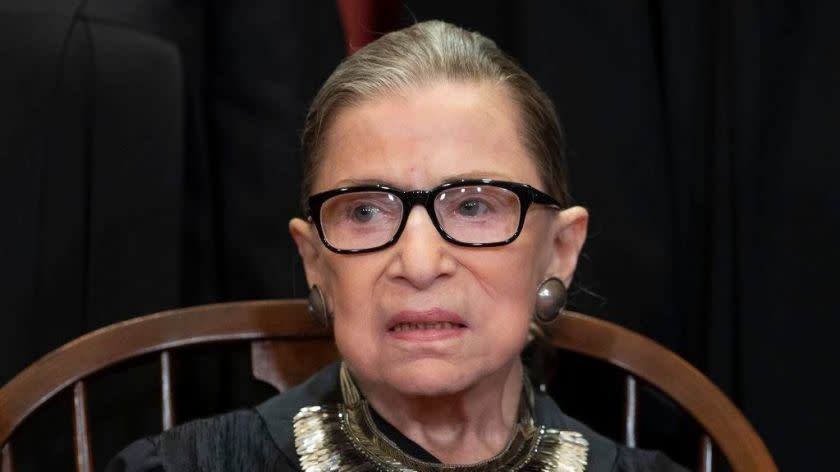Political hackery at its worst: Supreme Court gives Wisconsin a green light to disenfranchise voters during the pandemic

The Los Angeles Times warned in an editorial last month that the COVID-19 pandemic threatened not only the health of individuals but the democratic process. The Supreme Court exacerbated that infection Monday when the justices blocked a lower court's decision to extend the period in which Wisconsin voters could mail in absentee ballots.
Tuesday is election day in that state, and the Democratic presidential primary is only one of many contests on the ballot. As the COVID-19 crisis deepened, it became obvious that some voters would face a choice between exercising the franchise and protecting their health by staying home. But first the Wisconsin Supreme Court and then the U.S. Supreme Court failed to rise to the occasion.
On Monday the state Supreme Court rebuffed an attempt by Wisconsin’s Democratic governor to suspend in-person voting on Tuesday and expand voting by mail. Then late Monday the U.S. Supreme Court, with Democratic and Republican appointees on opposite sides, stayed an order by a lower federal court requiring Wisconsin to count mail-in ballots if they arrived by April 13 even if they were mailed after election day.
In an unsigned opinion, the court’s conservative justices providing a textbook example of exalting form over substance. The majority complained that the extended deadline for absentee ballots “fundamentally alters the nature of the election.” It cited the precedent of a 2006 decision in which the court overturned an injunction preventing Arizona’s use of a photo ID requirement — a ruling from a calmer time. Precedent loses its force in unprecedented circumstances.
This ruling is outrageously oblivious to the emergency posed by the pandemic. In the 2006 case the court emphasized that a state “indisputably has a compelling interest in preserving the integrity of its election process.” But given the pandemic and the disruptions it creates for the election process, the lower court’s order promoted exactly that objective.
As Justice Ruth Bader Ginsburg noted in a dissent signed by three other Democratic appointees, the court’s order means that absentee voters must postmark their ballots by Tuesday, even if they didn’t receive their ballots by that date because of a backlog. The result, she warned, could be “massive disenfranchisement."
As disturbing as the result of the court’s ruling is the fact that it pitted conservative justices appointed by Republican presidents against liberal justices appointed by Democratic presidents, seeming to validate the perception that the justices are “politicians in robes.” So much for Chief Justice John G. Roberts Jr.'s campaign to portray the court as being aloof from partisan politics.

